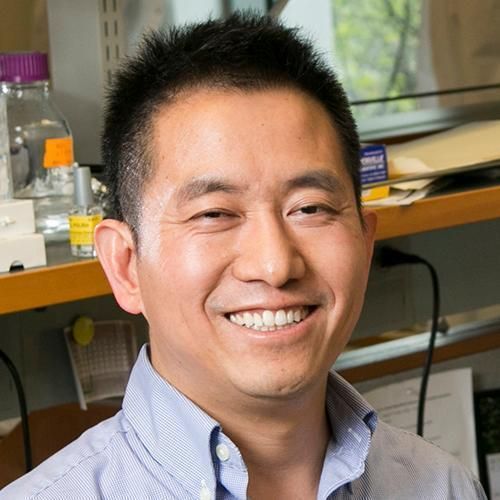
Collective colony growth is optimized by branching pattern formation in Pseudomonas aeruginosa.
Branching pattern formation is common in many microbes. Extensive studies have focused on addressing how such patterns emerge from local cell-cell and cell-environment interactions. However, little is known about whether and to what extent these patterns play a physiological role. Here, we consider the colonization of bacteria as an optimization problem to find the colony patterns that maximize colony growth efficiency under different environmental conditions. We demonstrate that Pseudomonas aeruginosa colonies develop branching patterns with characteristics comparable to the prediction of modeling; for example, colonies form thin branches in a nutrient-poor environment. Hence, the formation of branching patterns represents an optimal strategy for the growth of Pseudomonas aeruginosa colonies. The quantitative relationship between colony patterns and growth conditions enables us to develop a coarse-grained model to predict diverse colony patterns under more complex conditions, which we validated experimentally. Our results offer new insights into branching pattern formation as a problem-solving social behavior in microbes and enable fast and accurate predictions of complex spatial patterns in branching colonies.
Duke Scholars
Published In
DOI
EISSN
ISSN
Publication Date
Volume
Issue
Start / End Page
Related Subject Headings
- Pseudomonas aeruginosa
- Models, Biological
- Computer Simulation
- Colony Count, Microbial
- Biomass
- Bioinformatics
- 3101 Biochemistry and cell biology
- 0699 Other Biological Sciences
- 0601 Biochemistry and Cell Biology
Citation

Published In
DOI
EISSN
ISSN
Publication Date
Volume
Issue
Start / End Page
Related Subject Headings
- Pseudomonas aeruginosa
- Models, Biological
- Computer Simulation
- Colony Count, Microbial
- Biomass
- Bioinformatics
- 3101 Biochemistry and cell biology
- 0699 Other Biological Sciences
- 0601 Biochemistry and Cell Biology

